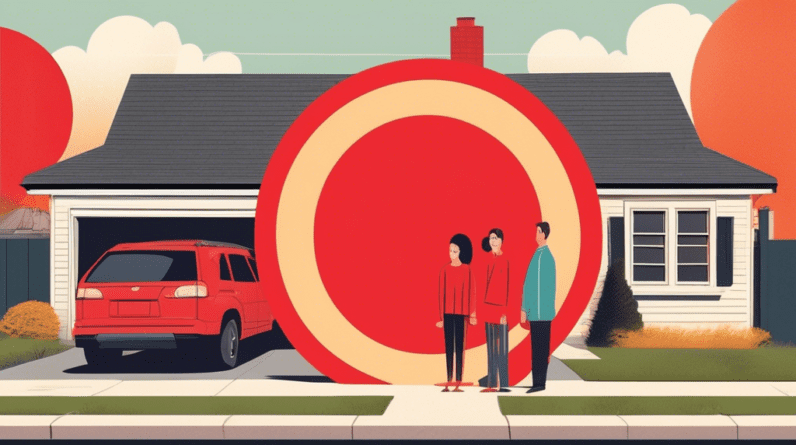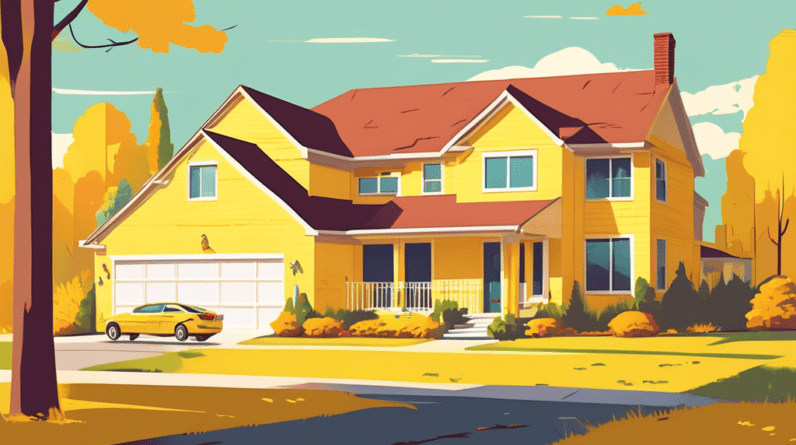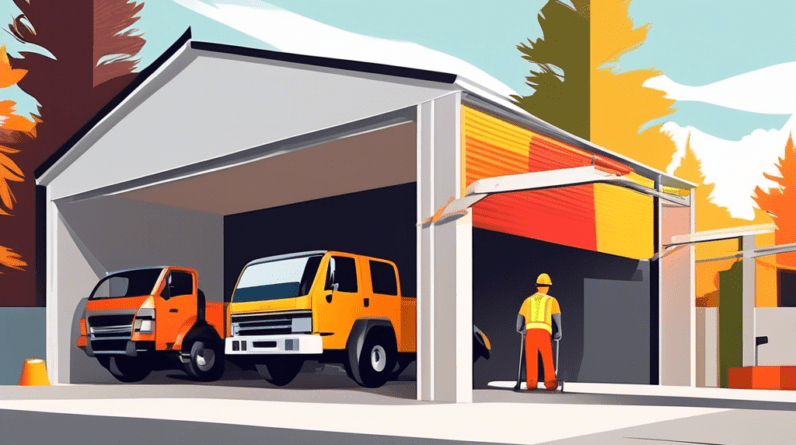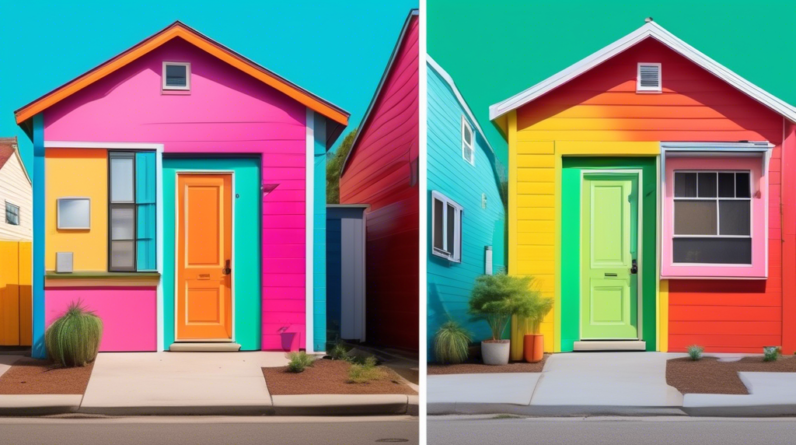
City Planners Reject Garage Conversion Proposal
Residents Voice Concerns Over Traffic, Parking, and Neighborhood Character
In a heated city council meeting last night, city planners delivered a resounding no to a proposed garage conversion project that had sparked weeks of controversy among residents. The proposal, which aimed to transform a detached garage in a quiet residential neighborhood into a self-contained dwelling unit (DADU), became a lightning rod for concerns about traffic congestion, parking scarcity, and the potential erosion of the neighborhood’s established character.
The Proposal and Its Critics: A Clash of Visions
The proposed garage conversion, located on a tree-lined street known for its single-family homes, sought to create an additional living space by converting an existing garage into a studio apartment. Proponents of the project, including the homeowner and housing advocates, argued that DADUs offer a viable solution to the city’s affordable housing crisis by increasing density without drastically altering the existing neighborhood fabric. They emphasized that DADUs can provide homeowners with additional income while offering renters more affordable housing options in desirable locations.
However, the proposal faced staunch opposition from a vocal group of residents who expressed deep concerns about the potential negative consequences of the conversion. Their anxieties centered around several key issues:
Traffic and Parking: Adding to the Strain?
One of the most contentious points revolved around the potential impact on an already strained traffic and parking situation. Opponents argued that adding another dwelling unit, even a small one, would inevitably lead to an increase in vehicles on their street, exacerbating existing traffic congestion during peak hours and making it even more challenging to find parking. They worried that the influx of new residents would overwhelm the limited street parking available, forcing residents to park further away from their homes or compete for spaces.
Preserving Neighborhood Character: A Question of Compatibility
Beyond the practical concerns of traffic and parking, the debate also tapped into deeper anxieties about preserving the character and identity of the neighborhood. Opponents expressed concern that allowing the garage conversion would set a precedent for similar projects, gradually transforming the area from a tranquil enclave of single-family homes into a denser, more urbanized environment. They argued that the influx of new residents and the potential for increased noise, activity, and demand on local infrastructure could erode the very qualities that make their neighborhood a desirable place to live.
City Planners Side with Residents, Citing Infrastructure and Zoning Concerns
After hearing impassioned arguments from both sides, the city planners ultimately sided with the residents, rejecting the garage conversion proposal. In their decision, they cited several factors that influenced their conclusion:
- Inadequate Infrastructure: Planners expressed concern that the existing infrastructure, particularly the narrow streets and limited parking, was not equipped to handle the increased demand that would result from an additional dwelling unit. They argued that approving the conversion without addressing these limitations could negatively impact the quality of life for existing residents.
- Zoning Regulations: City planners pointed to existing zoning regulations that prioritize single-family homes in the neighborhood. They acknowledged the need for more affordable housing options but maintained that any changes to zoning regulations should be approached thoughtfully and comprehensively rather than on a case-by-case basis.
- Community Concerns: The overwhelming opposition from residents played a significant role in the planners’ decision. They recognized the importance of community input and acknowledged the residents’ concerns about preserving the character of their neighborhood and mitigating potential negative impacts on their quality of life.
The Future of Garage Conversions and DADUs: Navigating a Complex Issue
The rejection of this garage conversion proposal highlights the complex challenges cities face in balancing the need for more housing options, particularly affordable ones, with the concerns of existing residents and the desire to maintain the character of established neighborhoods.
While this particular project faced a roadblock, the conversation surrounding garage conversions and DADUs is far from over. As cities grapple with housing affordability crises and a growing need for diverse housing options, policymakers, planners, and residents will need to continue engaging in thoughtful dialogue and exploring innovative solutions that address the needs of all stakeholders.
Key Takeaways and Potential Paths Forward:
This decision underscores the importance of several key considerations as cities navigate the complexities of garage conversions and DADUs:
- Comprehensive Planning: Rather than approving or rejecting projects on a case-by-case basis, cities need comprehensive plans that address zoning regulations, infrastructure improvements, and community concerns related to density and neighborhood character.
- Community Engagement: Open and transparent communication with residents is crucial. Cities should prioritize early and meaningful community engagement to gather input, address concerns, and explore potential solutions collaboratively.
- Context-Specific Solutions: There’s no one-size-fits-all approach to DADUs. Cities should consider the unique characteristics of each neighborhood, including existing infrastructure, housing needs, and community priorities, to determine the most appropriate approach.
- Infrastructure Investments: As cities encourage denser housing options, investing in infrastructure improvements, such as street widening, parking solutions, and public transportation, is essential to accommodate increased demand and mitigate potential negative impacts.
The debate over this garage conversion proposal serves as a reminder that creating vibrant, sustainable, and inclusive cities requires balancing competing interests and finding common ground. By embracing comprehensive planning, robust community engagement, and context-specific solutions, cities can harness the potential of DADUs to address housing needs while preserving the character and livability of their neighborhoods.






